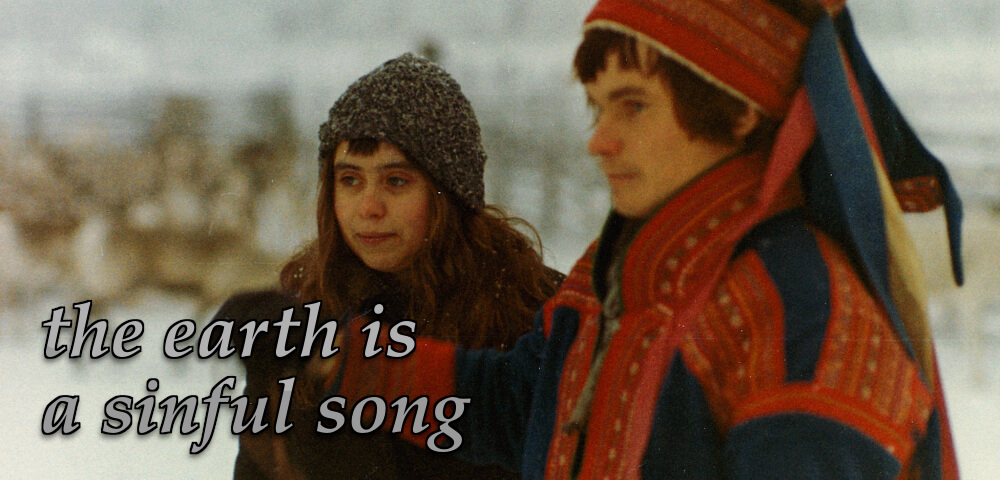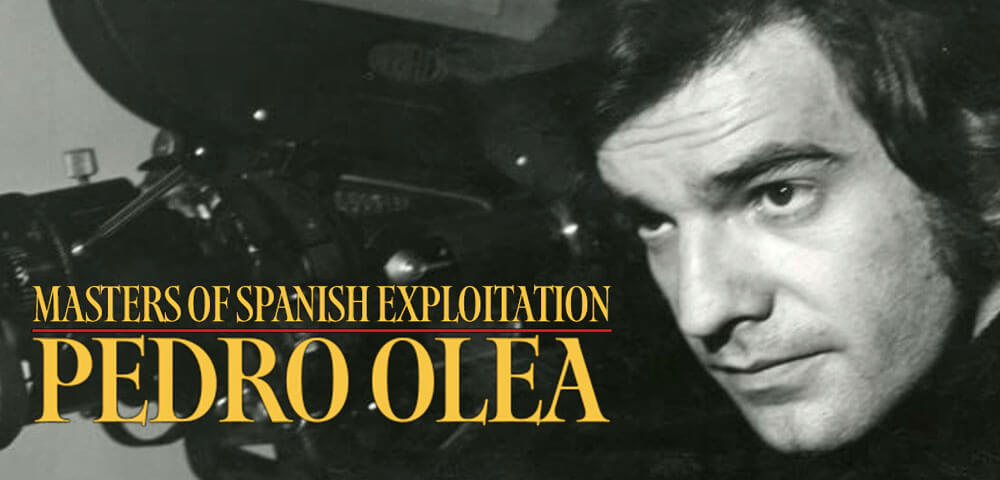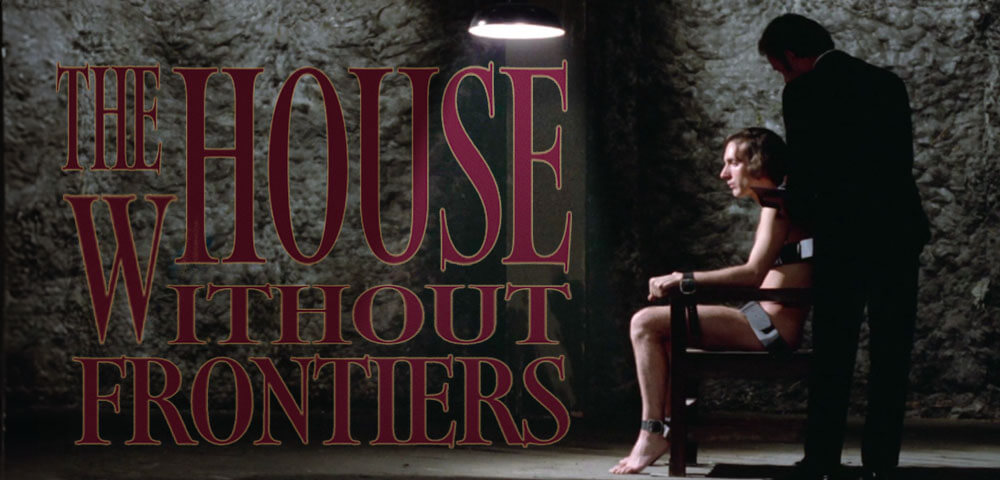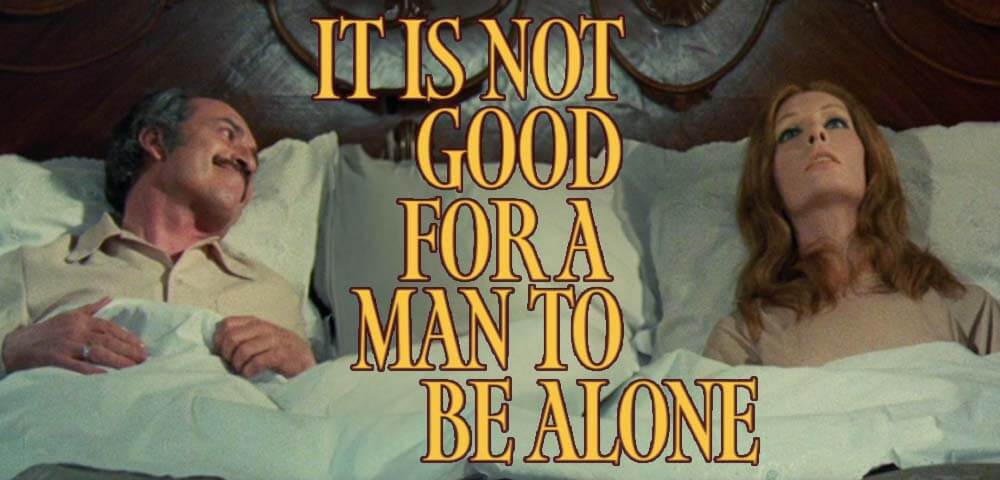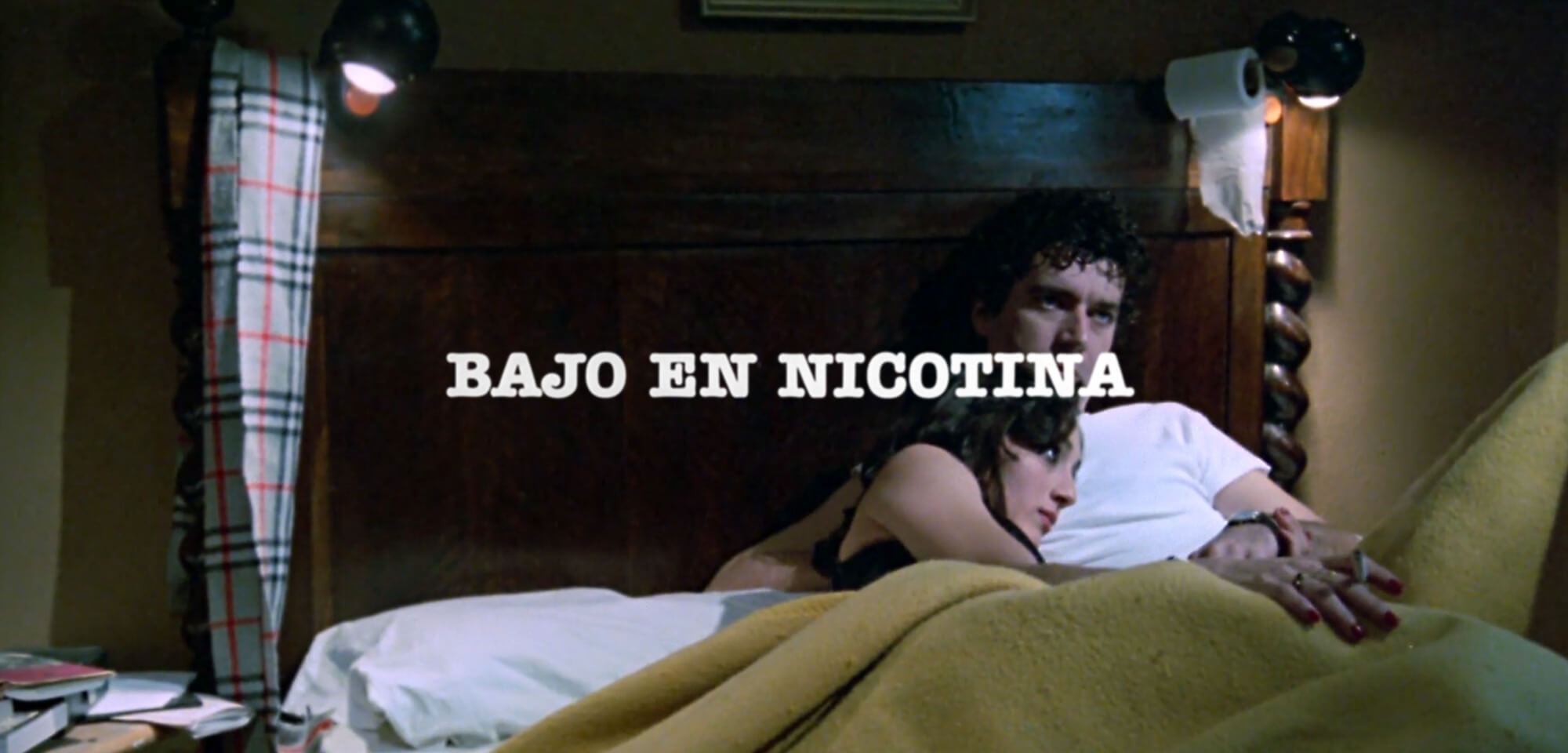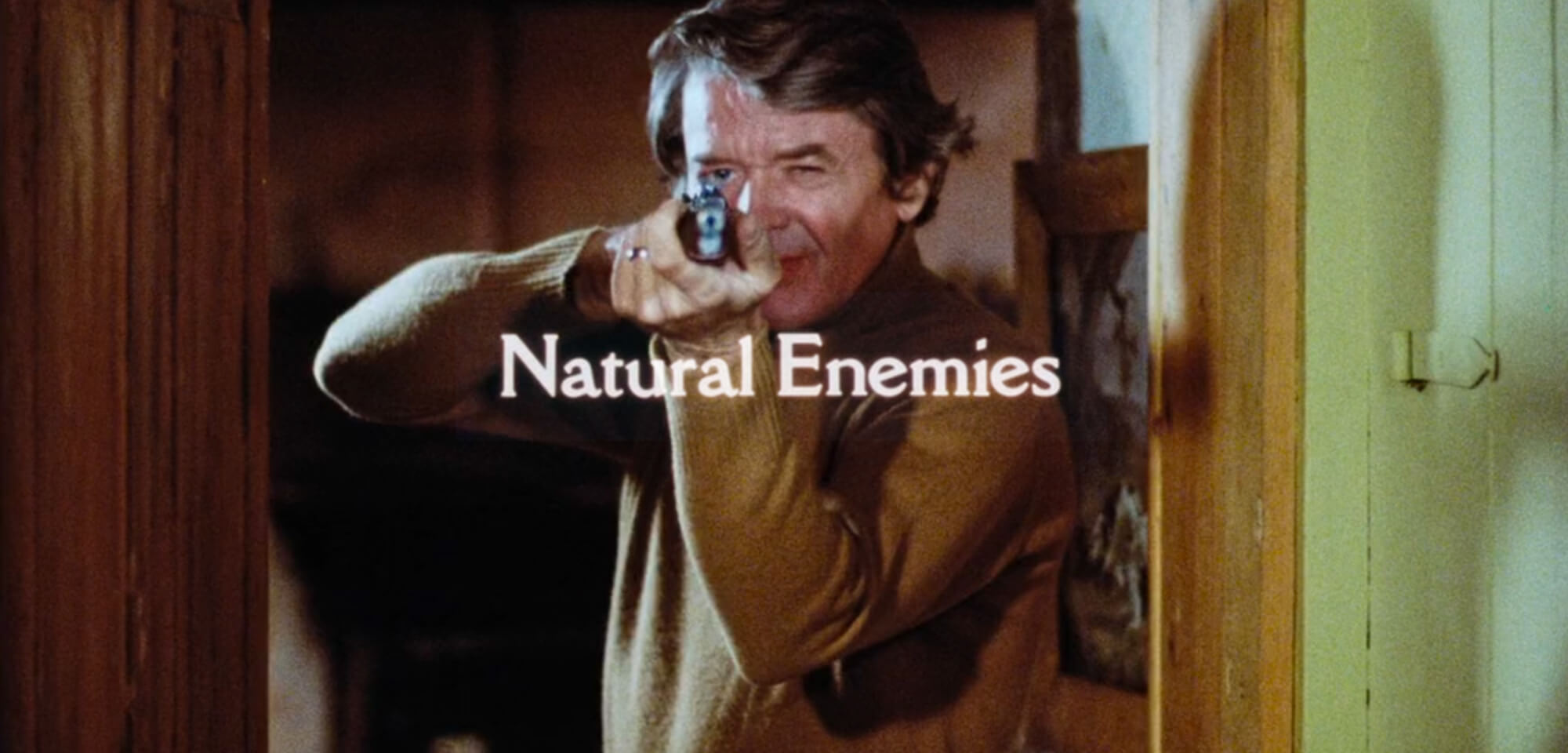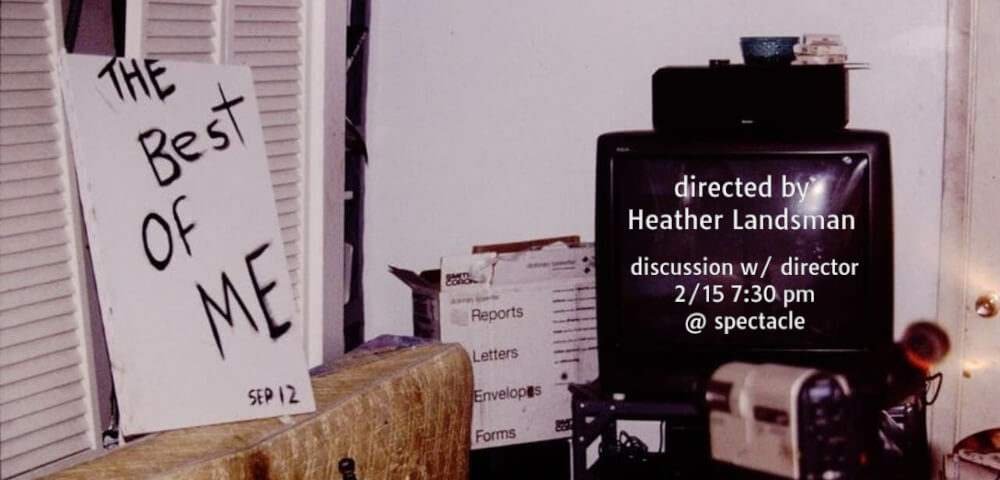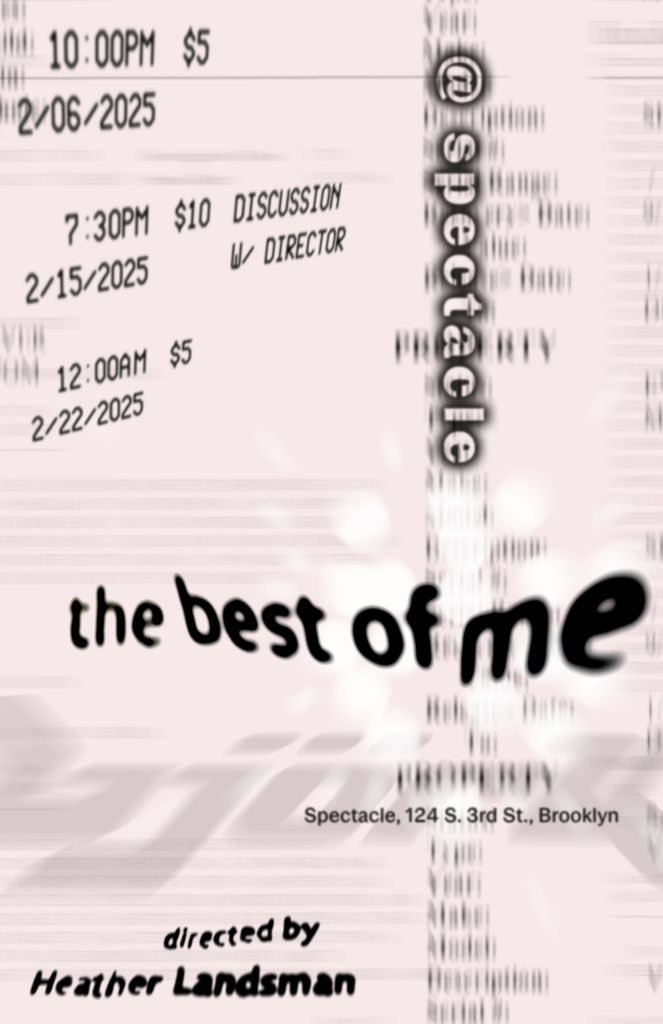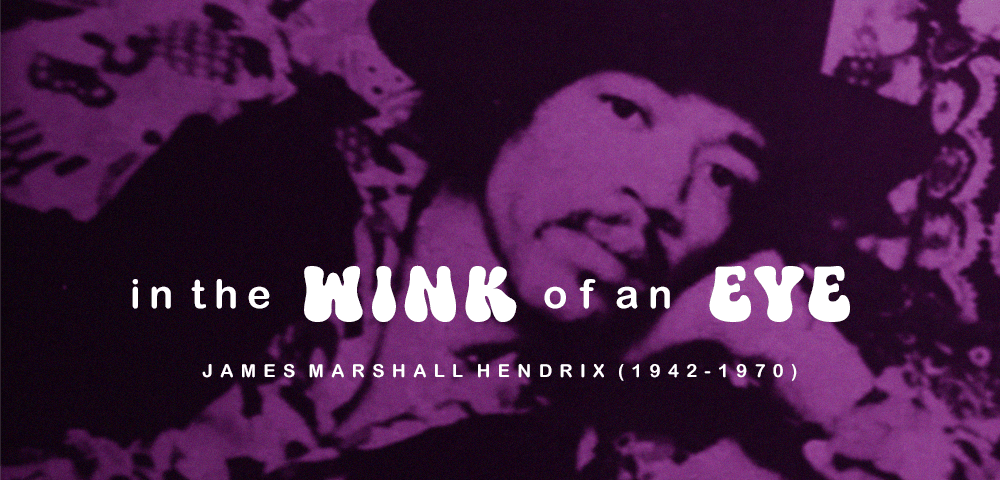
This ROCKUARY, experience a day-long celebration of the greatest guitarist of the 20th century, Seattle’s very own James Marshall Hendrix (1942-1970) aka Jimi Hendrix. Spanning verité concert films, speculative and straightlaced biopic, and form-collapsing avant-garde cinema, this marathon (the first of its kind) will serve as a psychedelic labyrinth through the myth that is the man with blistering blues and scorching stereophonic sound. IN THE WINK OF AN EYE promises a mosaic as colorful and multivalent as the man himself, including a discussion with Peter Neal (friend of Jimi Hendrix and director of the classic concert documentary GLASTONBURY FAYRE) following a beyond-rare presentation of his 30 minute documentary EXPERIENCE, newly re-digitized.
The story of Jesus
So easy to explain
After they crucified him
A woman, she claimed his name…
The story of life is quicker than the wink of an eye
The story of love is hello and goodbye, until we meet again…
NOON: HENDRIX (2000)
2 PM: ELECTRIC LADY STUDIOS: A JIMI HENDRIX VISION (2024)
4 PM: EXPERIENCE (1968) followed by Q+A with filmmaker Peter Neal
5:30 PM: Dinner/LSD break
7:30 PM: JIMI: ALL IS BY MY SIDE (2013)
10 PM: O ABISMO (1977)
MIDNIGHT: DOWN ON US (1989)
ONE DAY/NIGHT ONLY!
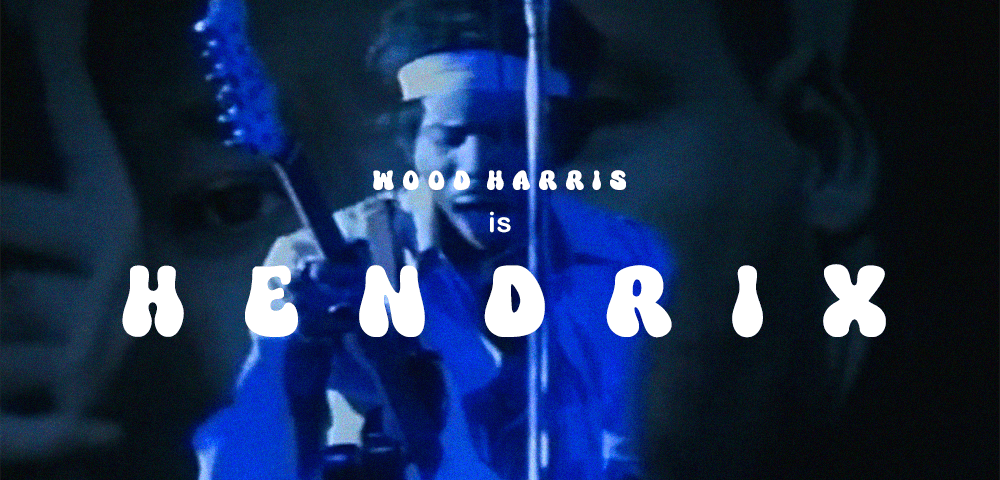
HENDRIX
dir. Leon Ichaso, 2000
103 mins. United States.
In English.
The late Cuban-American filmmaker Leon Ichaso’s career was legendary for its eclecticism: it began with Ichaso’s arthouse sensation EL SUPER (1979), while his no-less-essential feature CROSSOVER DREAMS (1985) starring Ruben Blades is catastrophically hard to see. Ichaso enriched for-hire episodes of prestige TV shows like Miami Vice as well as Hollywood productions such as SUGAR HILL (1996) starring Wesley Snipes, the sobering final chapter in the trilogy scripted by Barry Michael Cooper, beginning at JUICE followed by ABOVE THE RIM. Passion projects like PINERO (2002) and EL CANTANTE (2006) testified to Ichaso’s passion for dramatizing Latin American culture. His essential memorial retrospective at Film Forum in 2023 did not include this de rigeur, but nevertheless surprisingly well made, for-TV biopic.

ELECTRIC LADY STUDIOS: A JIMI HENDRIX VISION
dir. John McDermott, 2024
89 mins. United States.
In English.
ELECTRIC LADY STUDIOS: A JIMI HENDRIX VISION blends archival footage of Hendrix with talking-head style interviews presented in a more traditional mode to explore the significance of Hendrix’s brain child, Electric Lady Studios. The documentary explores the studio’s material construction, alongside the architects and producers who brought this unique project to life. Featuring Jimi’s personal home movies & some newly scanned Atlanta Pop Fest footage makes this tv-style doc essential for Hendrix-heads.
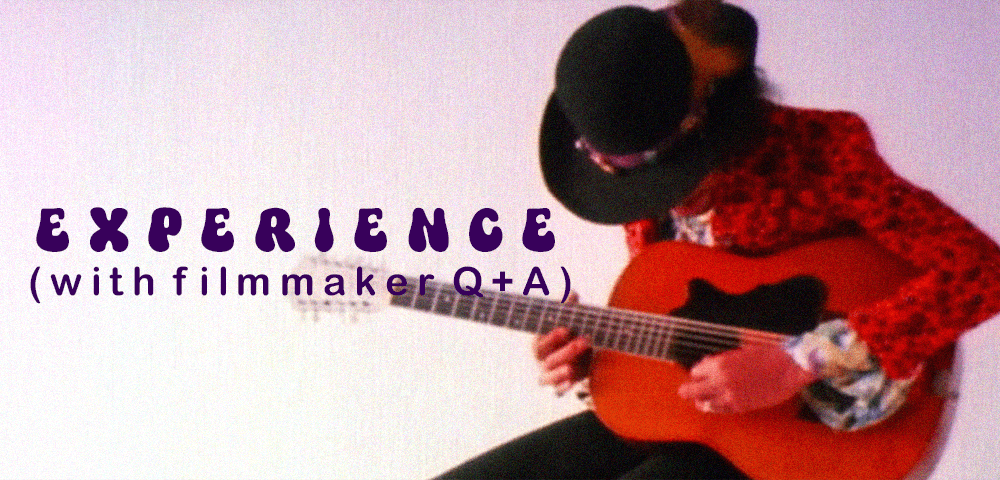
EXPERIENCE
(aka SEE MY MUSIC TALKING)
dir. Peter Neal, 1968
30 mins. United States.
In English.
Featuring rare concert footage of Jimi Hendrix at the Blackpool Opera House in 1967, intertwined with mesmerizing, psychedelic mise-en-scène set against Hendrix classics, EXPERIENCE is both an intimate portrayal and a grandiose tribute to the mythos that is Jimi Hendrix.
Don’t miss the centerpiece of our marathon: A rare special screening featuring a Q&A with director, Peter Neal.
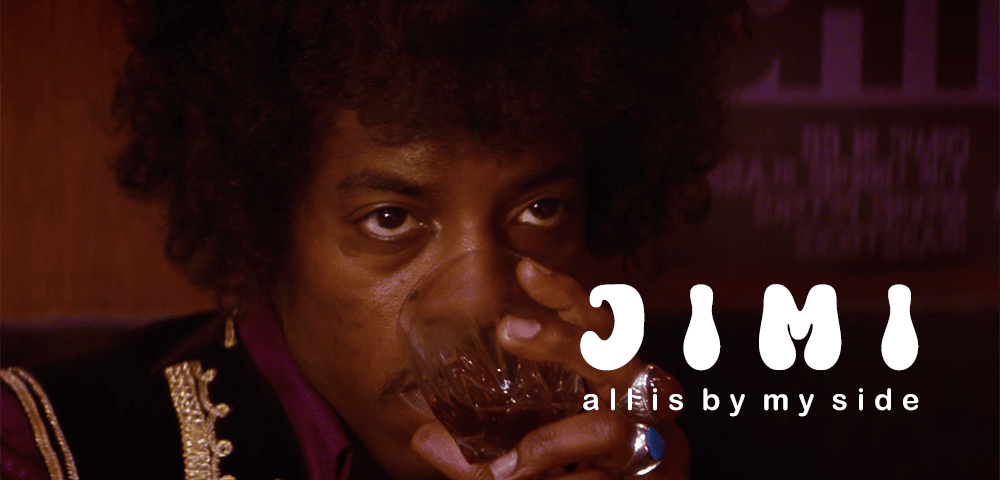
JIMI: ALL IS BY MY SIDE
dir. John Ridley, 2013
118 mins. United States.
In English.
‘Nobody who’s ever seen one of these movies before could be blamed for expecting JIMI to build to a painful climactic recreation of Hendrix’s legendary National Anthem solo at Woodstock. But Ridley’s screenplay takes the opposite tack, dramatizing the many shows, parties, meetings, late nights, and long days that constituted the artist’s life in 1966 and into 1967. His strained, platonic relationship with Keith Richards’s girlfriend, Linda Keith (Imogen Poots), is the dramatic engine for the film’s first half; once she helps get him to the U.K., his experiences there—recording Are You Experienced?, touring, and starting to meet the right people—gain him significant celebrity momentum. Opting for scenes that tend to be fragmented, flawed snippets from a much bigger story, the film exudes a bizarre confidence in not trying to encapsulate the singer’s whole life in 120 minutes. Much has been made of the production’s legal banishment from drawing songs from the copyrighted Hendrix catalogue, but it proves a non-event; it is, in fact, possible to tell some version of this story without the opening bars of “Purple Haze.”’ – Slant Magazine

O ABISMO
(THE ABYSS)
dir. Rogério Sganzerla, 1977
80 mins. Brazil.
In Brazilian Portuguese with English subtitles.
“Jimi Hendrix is a thinker and to him I dedicate all my travelings, panoramic and fixed plans. With him I discovered the need to say everything at once no matter what.”
“America’s number one genius”.
O ABISIMO is a sensory mind-fuck that forges a dialog between the music of Jimi Hendrix, the land of Fusangs, the power of MU, and the story of an Egyptologist, who searches for an ancient emblem while being pursued by a woman named Madame Zero (Norma Bengell). The film features director José Mojica Marins as the professor, Jorge Loredo as Ze Bonitinhoa (a sort-of deconstructive archetype), Edison Machado (Bossa Nova legend) as a drummer who plays loud and intermittently, & Wilson Gray – who shoots a gun in the middle of nowhere & makes references to Edgar Allen Poe.
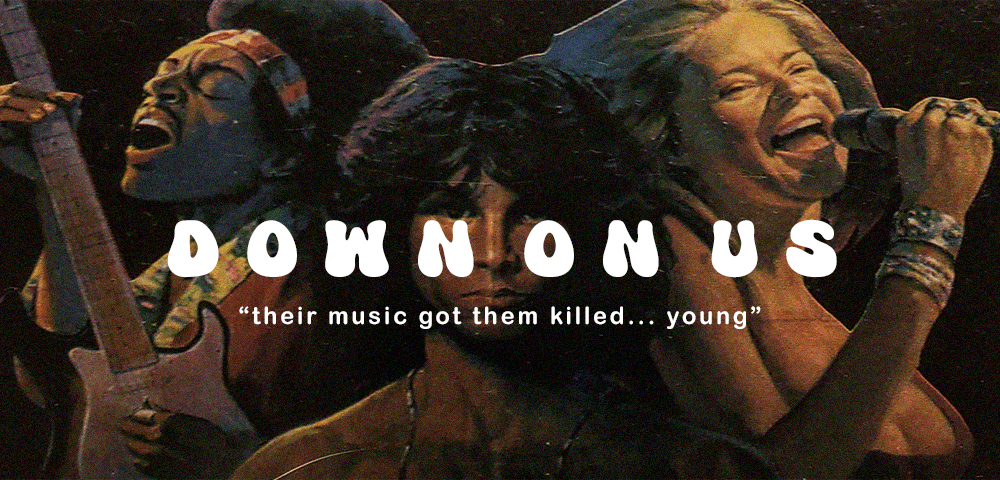
DOWN ON US
(aka BEYOND THE DOORS)
dir. Larry Buchanan, 1984
117 mins. United States.
In English.
Hendrix. Joplin. Morrison. Some of the most iconic names in the history of American pop culture (and also Jim Morrison), whose lives were sadly cut short at the height of their popularity. To many, their deaths were seen as another in a long line of tragedies heralding the end of the late-1960s countercultural movement, drawing the Swinging Sixties to a definitive close. But to Larry Buchanan, these deaths taking place within a few short months of one another may have been more conspiracy than coincidence.
What if it wasn’t booze or drugs that were responsible for these stars’ demise, but something much more nefarious? What if these were calculated killings, perhaps in response to their music’s message of peace & love actively turning youth culture against the Vietnam War? These questions form the basis of Buchanan’s late-career opus, which posits that the deaths of Jimi Hendrix, Janis Joplin, and Jim Morrison were not an accident, but part of a plot bigger than any of us could imagine, one that can be traced all the way back to that highest of offices held by the Trickiest of Dicks.
In true “schlockmeister” fashion, Buchanan had neither the time nor budget to license any actual music for the film, and instead relied on a series of (surprisingly good) original songs that he commissioned to sound like the work of their respective artists.


